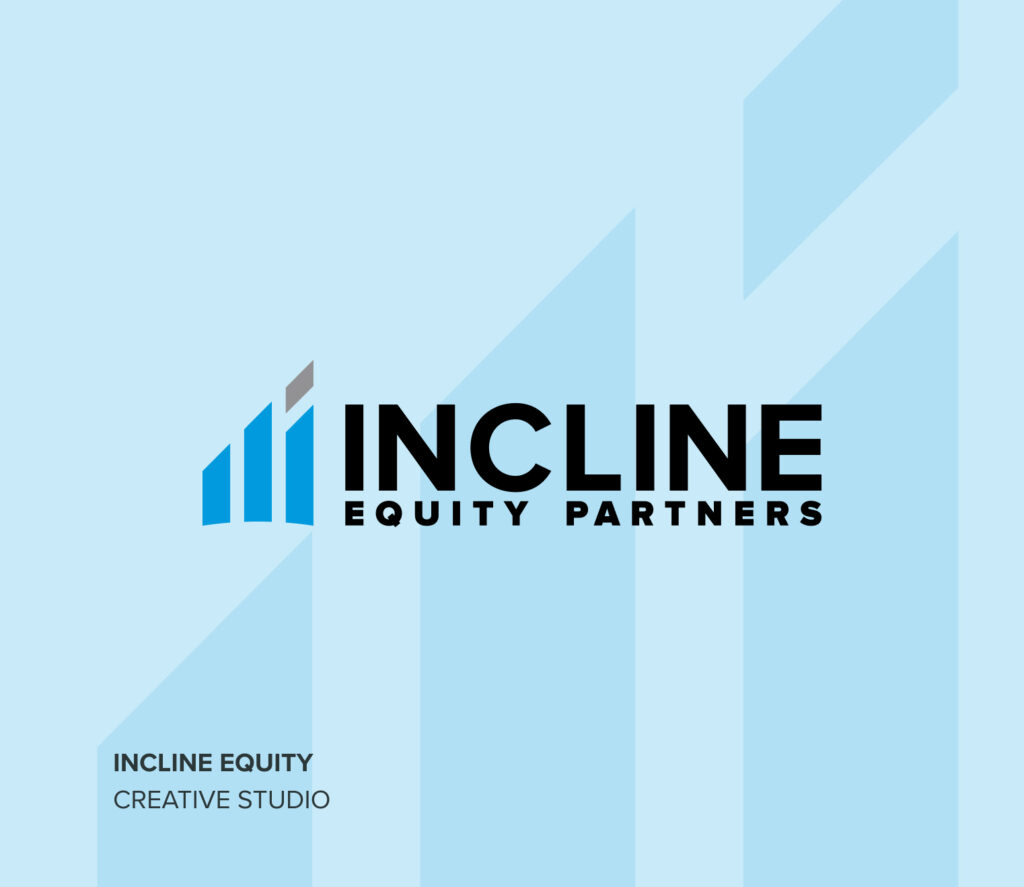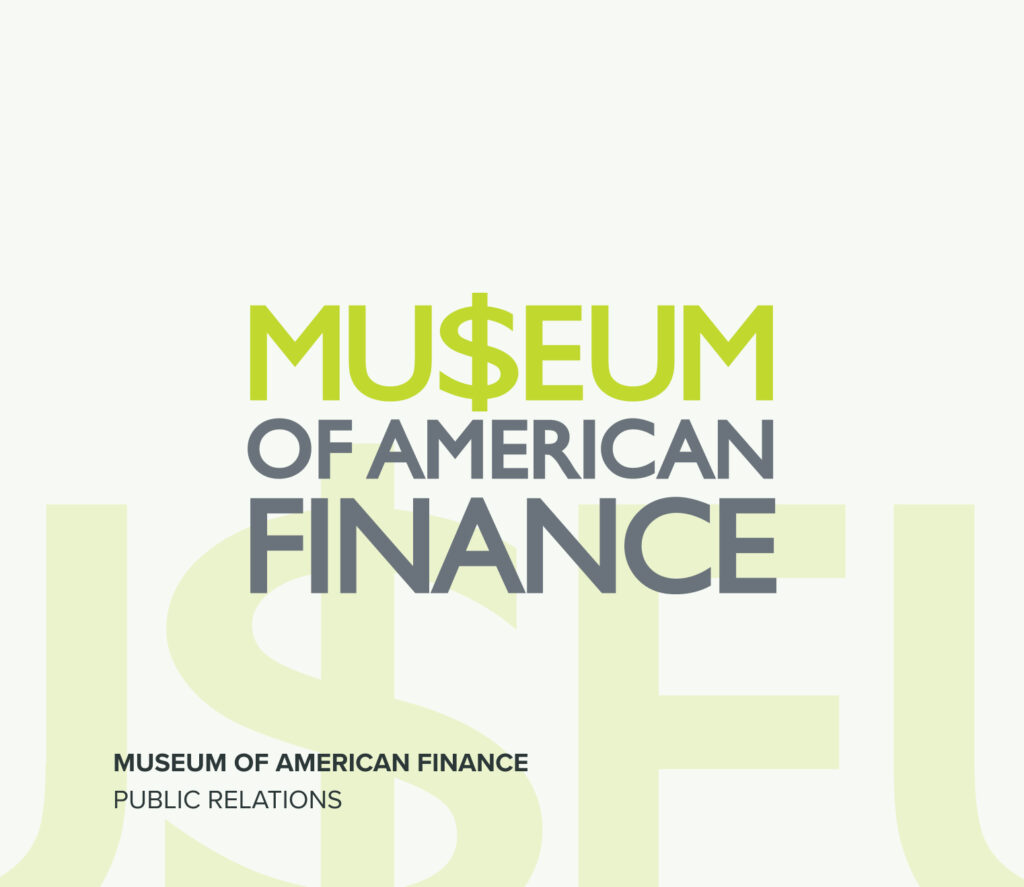In this brave new world, it’s hard to imagine someone who hasn’t heard of, talked about, or been impacted by recent developments in artificial intelligence (AI).
No matter how much some try to talk about the benefits of AI and automation – how this will make work more efficient and reduce human errors – these voices are largely drowned out by the negative noise and chatter around this topic.
The fear and uncertainty surrounding AI are perhaps more than justified when even the CEO of OpenAI openly admitted that, amidst this race between tech firms to dominate technology, they have created an existential threat comparable to the risk posed by nuclear weapons. News about workers’ rights being violated and firms making employees redundant in place of robots doesn’t help to alleviate anyone’s anxiety either.
As a PR and comms professional, I can already see how many aspects of my job could one day be automated or replaced with AI: from building media lists and writing press releases to researching media trends and pitching to relevant journalists. Admittedly, I even attempted to use ChatGPT to write this very blog before I decided that it lacked ‘authenticity’.
Being authentic
And authenticity is precisely the one thing that I don’t think AI will be able to replicate any time soon, which means for most of us in this industry, our jobs are here to stay for now – so long as we remain authentic and thoughtful.
The risk is that we forget about the importance of being authentic and living up to the values we are proud to uphold, especially when we are working in a fast-paced environment like financial services. But, by focusing on what fundamentally distinguishes the particular products or services a firm is offering, and building a narrative around this, we show real value in authenticity.
For example, a box of Kleenex with plain packaging and a box with pink packaging is still a box of Kleenex. However, the way in which we communicate with consumers about how the materials used have been sustainably and ethically sourced, and where social and environmental impacts have been considered every step of the way in the making of this particular box of tissues, is exactly what would distinguish one box from another.
Of course, the narrative doesn’t always have to be ESG-related; what matters is having an authentic narrative. And it is the role of PR and comms professionals to help craft that unique story, which AI (at present) is unable to do convincingly.
Strategic storytelling
Think about, too, what happens when the world decides that tissues are unsustainable, archaic and no longer relevant to our society. A good comms professional would have a strategy and use storytelling to shape the narrative around why tissues, even if obsolete, have sentimental value and continue to have a role in our personal lives. You see someone crying on the tube after they’ve been told they have been replaced by AI – what do you offer? Tissues.
In this industry, we believe in the power and art of storytelling. We see every day how it changes people’s perspectives and behaviour. It is not something you can reuse, recycle and regurgitate because an inauthentic story never sells. And while AI could take over many of our mundane tasks – and I would gladly let it do so – can it move people and change their perception the same way a strong comms person can? I think not.


